

Check valves play a critical role in fluid systems by preventing backflow and ensuring smooth operation. However, when a check valve fails, it can cause significant damage to pipelines, pumps, and equipment. Recognizing the signs of a bad check valve early can help prevent costly repairs and system downtime.
This guide will walk you through how to tell if a check valve is bad, the symptoms of a bad check valve, the root causes of failure, and troubleshooting tips to keep your system running efficiently.

Check valves allow fluid to flow in only one direction. They open when there is enough pressure and close when it decreases or reverses, preventing backflow. Unlike other valves, check valves operate automatically and do not require manual control or external power.
Check Valve by LIANKE
Complete Check Valve Range, including Swing, ball, lift valve types and PTFE lining options.
Explore Our Valves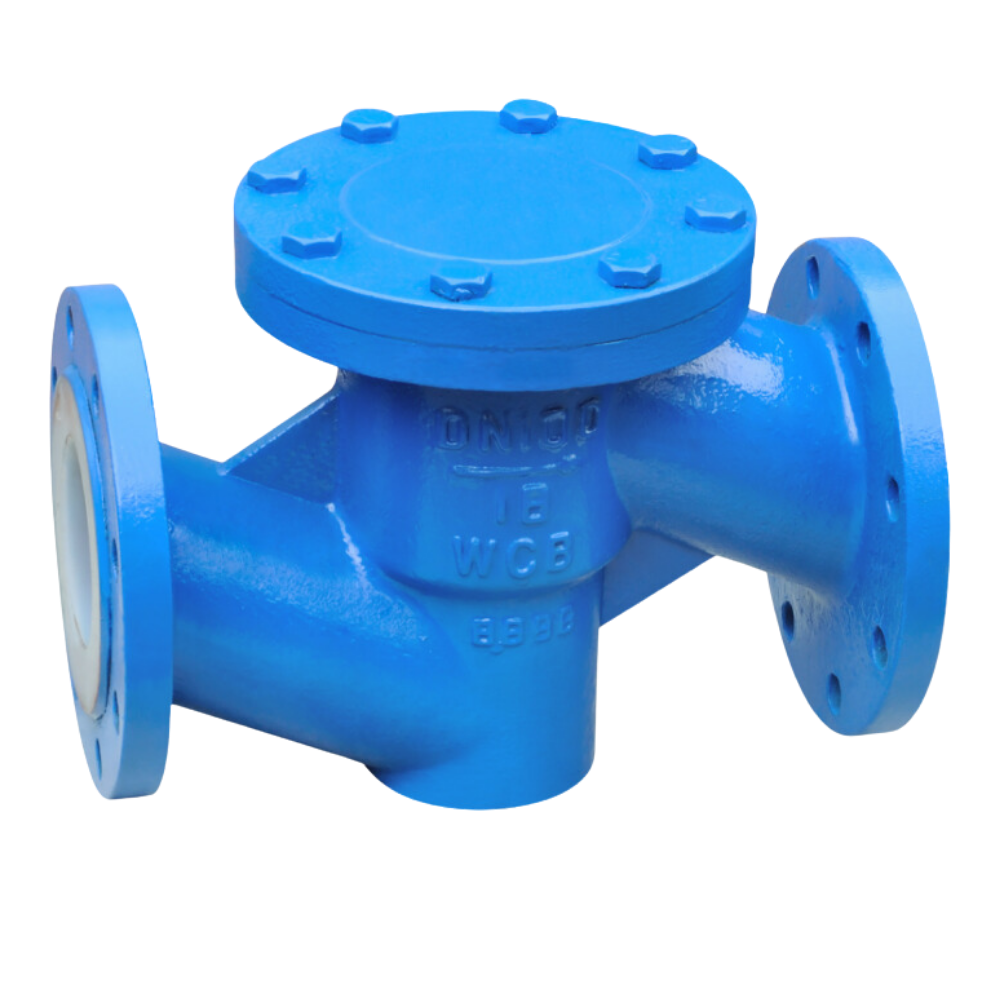
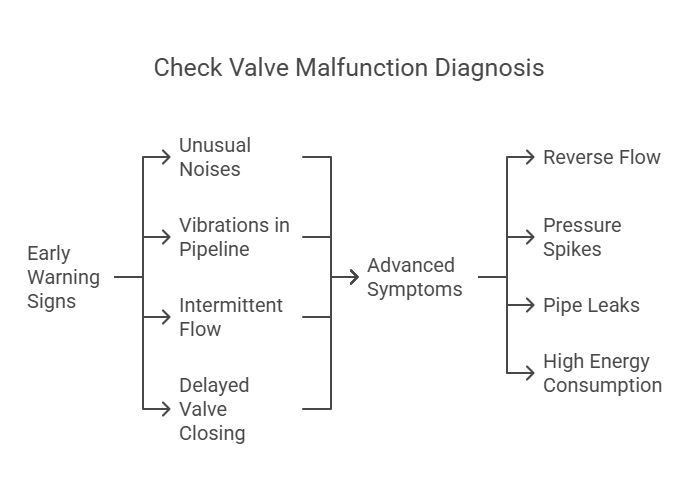
Check valves often show warning signs before complete failure. Understanding these early indicators can help diagnose and resolve issues quickly.
Understanding why check valves fail can help prevent issues before they escalate. The most common causes include:
If you suspect check valve failure, follow this step-by-step troubleshooting process.
Regular maintenance ensures check valves function efficiently and last longer. Follow these best practices:
Using fast-closing valves is essential for preventing water hammer and sudden pressure surges that could damage the system. In high-temperature environments, replacing elastomer seals regularly ensures durability and prevents leaks. Monitoring system pressure routinely helps detect early signs of failure, allowing for timely maintenance and repairs.
A bad check valve shows signs like loud noises, vibrations, pressure fluctuations, and reverse flow. If your pump cycles irregularly or you notice leaks, the check valve is likely failing.
Common causes include incorrect installation, debris buildup, corrosion, and excessive pressure variations. Regular maintenance prevents premature failure.
Use pressure gauges to check for abnormal fluctuations, perform leak tests (MSS SP-61 standard), and inspect for sticking or blockages.
Regular maintenance, proper installation, debris filtration, and choosing the right valve type based on flow conditions help extend valve lifespan.
Check valve failure can disrupt entire systems, causing inefficiencies and costly repairs. By recognizing early symptoms, diagnosing issues with proper tools, and implementing preventive maintenance, you can ensure your system operates smoothly.For high-quality check valves that enhance system reliability, check out Lianke Valve for durable, precision-engineered solutions.
The Most Common Causes and Symptoms of Check Valve Failure
A Complete Guide To Check Valve Problems And Troubleshooting
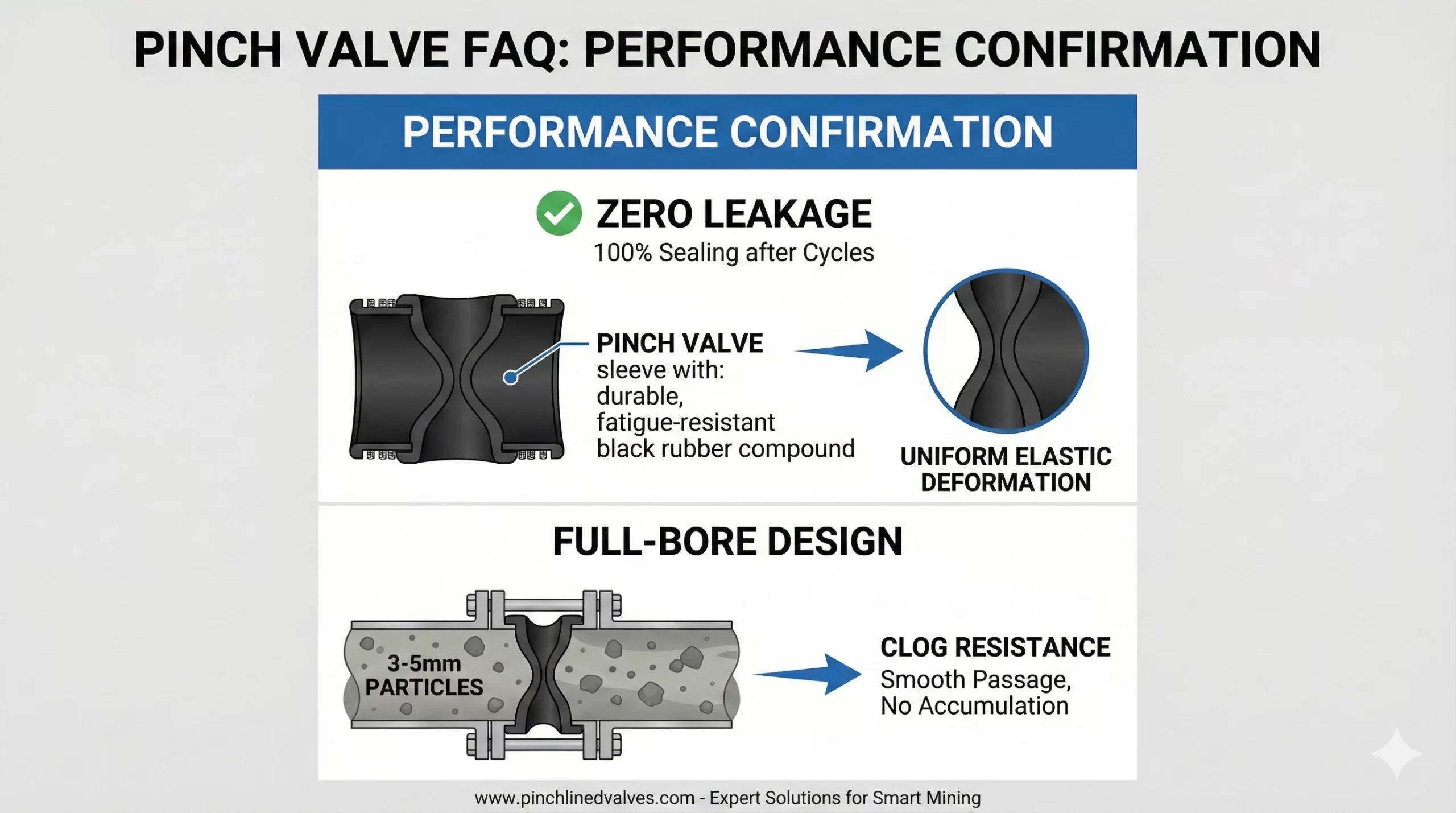
Question 3:Performance Confirmation:Your documentation mentions “zero leakage” and “clog resistance.” We would like to confirm: After long-term operation, will repeated compression cycles cause sleeve fatigue leading to sealing failure? Is the full-bore design truly effective for slurries with larger particles (e.g., 3-5mm)? Answer 3:Confirmation of “Zero Leakage” and “Clog Resistance” Performance (1)Zero Leakage Reliability: Our […]
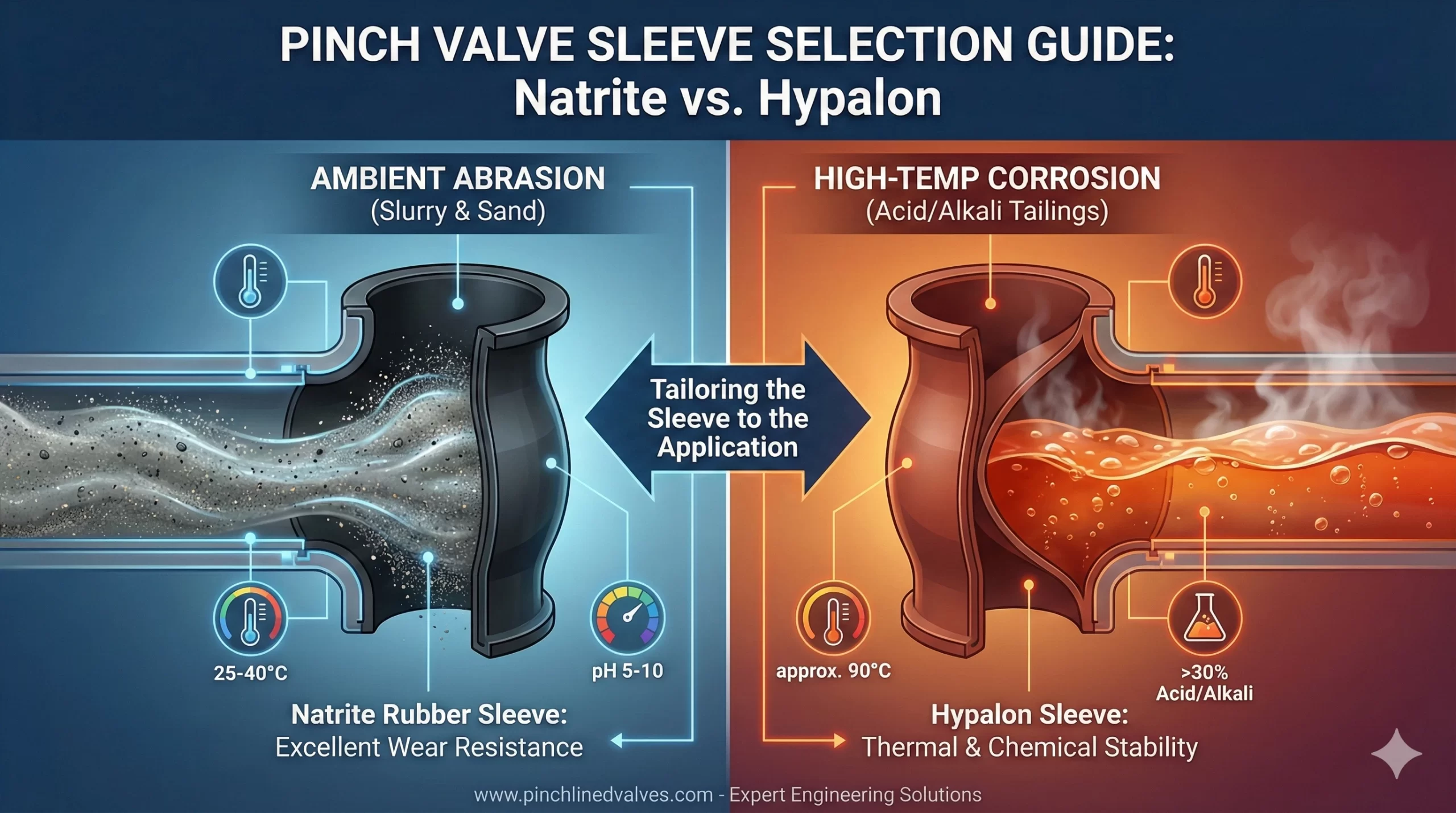
Material Selection:We are dealing with different working conditions: (1)Question1: Condition A: Ambient temperature (approx. 25-40°C) slurry containing fine sand, where wear resistance is the primary consideration, with weakly corrosive media (pH 5-10). Answer1:(ambient temperature, fine sand, low concentration corrosion, high wear resistance): Preferred recommendation: Natrite Rubber sleeve. Reason: The core advantage of Natrite Rubber lies in its […]
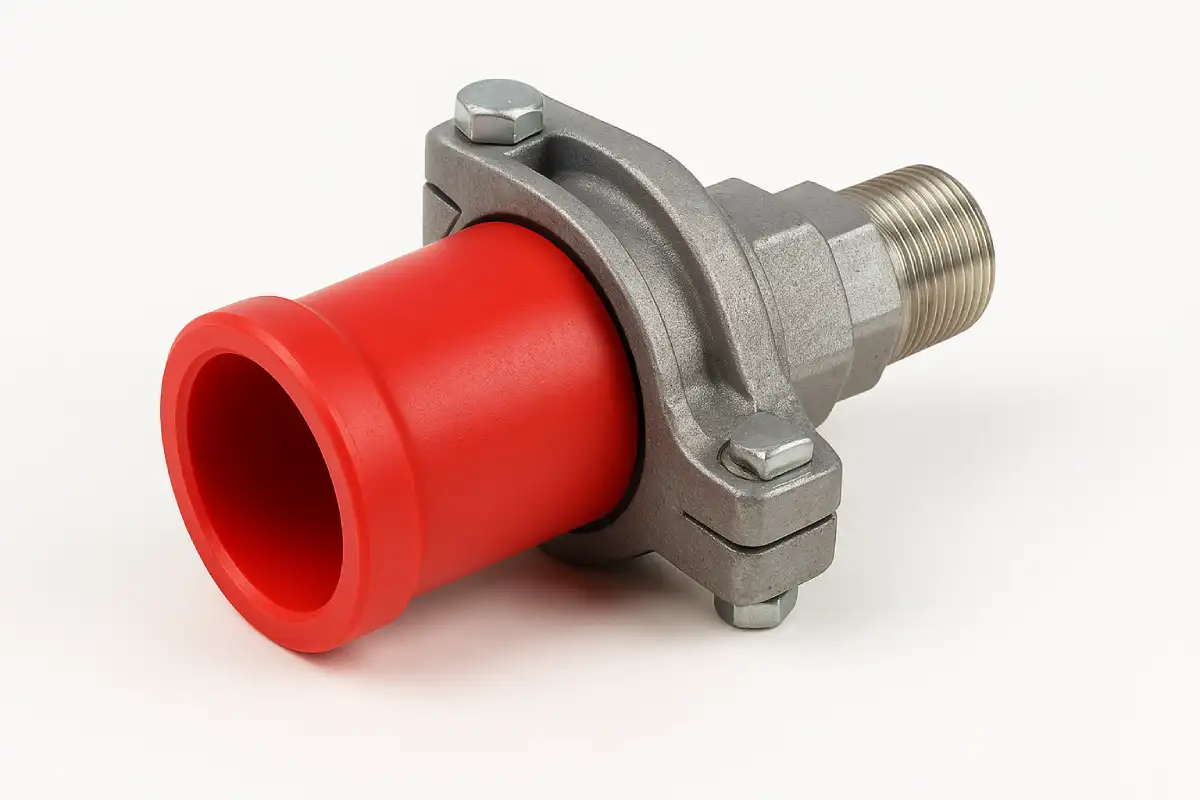
A pinch valve adapter connects a pneumatic pinch valve or manual valve to pipes, tubes, or other parts of a system. With this connector, the valve can manage liquid or gas flow without leaks or strain. It also lets the valve fit in tight or unusual setups. This reduces operational risks and improves overall performance. […]
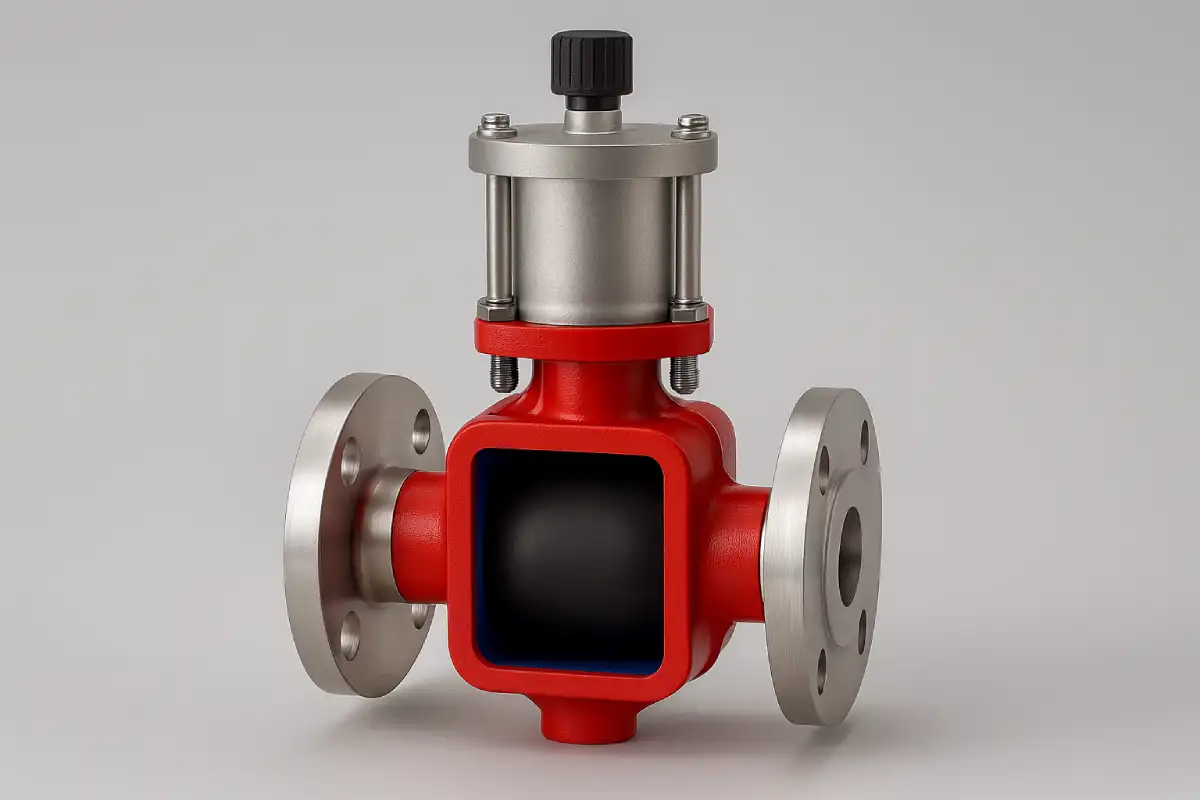
Yes, they are. Hygienic pinch valves are specially designed to keep things clean and safe, which is why they’re so common in food, pharmaceutical, and biotech environments. Their smooth interior and dead-zone-free design make cleaning quick and reliable. And if the term is new to you, don’t worry, this article will walk you through what […]



